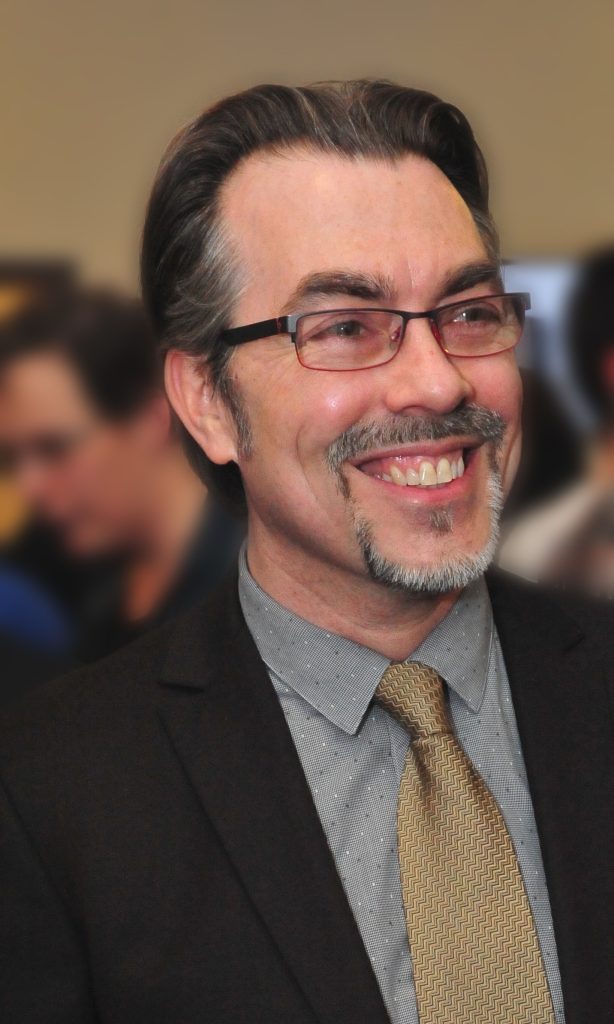SRON-director Michael Wise will be appointed as vice-chair of ESA’s Science Programme Committee for the upcoming two years. The science programme, to which every ESA member state contributes, is one of the biggest ESA programmes with an annual budget of 538 million euros.
Michael Wise will take up the position of vice-chair on behalf of the Netherlands. The Science Programme Committee (SPC) oversees the overall ESA science programme from the selection of scientific missions to their successful execution as well as preparatory studies for future missions. As part of the ESA mandatory programme, each of the 22 ESA member states participates in the science programme.
Space missions
Some notable examples of previous, highly successful missions from the ESA science programme are the XMM-Newton and Herschel satellites and the Rosetta spacecraft. Highlights for the future currently under development include the next generation X-ray mission Athena, exoplanet missions PLATO and ARIEL, the dark energy mission Euclid, and the space-borne gravitational wave detector LISA.
Looking ahead
‘The coming two years represent a crucial and exciting period for ESA,’ says Wise. ‘In addition to bringing new missions like Athena and LISA to launch, the space community is also in the process of looking ahead to what missions will come afterwards through the Voyage 2050 process. The SPC has an important role to play in supporting that process and helping define the next wave of ESA missions.’
Netherlands in space
Wise: ‘Our participation in the ESA science programme is one of the cornerstones of Dutch science and also of crucial importance for industry here in the Netherlands. Although exciting for me personally, I think this appointment really reflects the excellent reputation the Netherlands has as a strong supporter of the ESA programme and as a trusted partner in ESA projects. It’s a privilege to be able to support the SPC as the vice-chair, and I look forward to helping realize all of the incredible scientific results the ESA science programme represents.’



